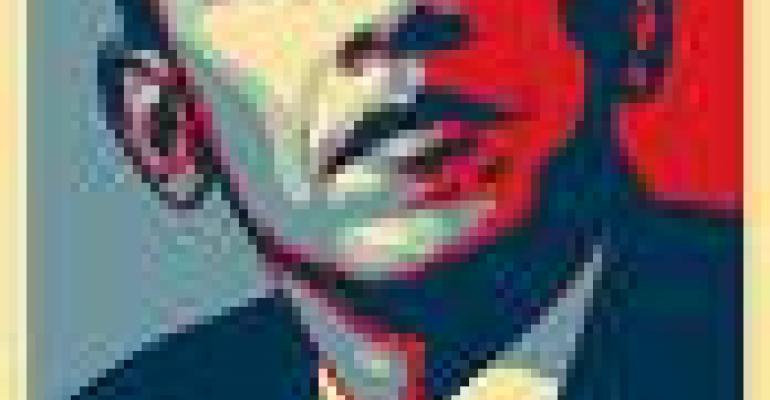 The Tax Foundation, a non-partisan lobby group in D.C.,
recently published a chilling finding, well, scary for those of who believe in limited government and personal liberty. In shrort, Obama is busy building a welfare state in which most Americans become in effect clients (wards) of the state. (Of course, you probably noticed this on your own.) I can't say their findings any better, so I am just going to quote from a recent report.
The Tax Foundation, a non-partisan lobby group in D.C.,
recently published a chilling finding, well, scary for those of who believe in limited government and personal liberty. In shrort, Obama is busy building a welfare state in which most Americans become in effect clients (wards) of the state. (Of course, you probably noticed this on your own.) I can't say their findings any better, so I am just going to quote from a recent report.
"As a Group, Bottom 70 Percent of Families Will Receive More Benefits Than They Pay in Taxes Under Obama Plan."
The report goes on: New Tax Foundation "Fiscal Incidence" Model Measures the Income Redistribution Caused by Federal Spending As Well As Taxes
Washington, DC, September 21, 2009 -- New reports from the Tax Foundation show that President Obama's policy proposals will increase the financial dependence of middle-income Americans on the federal government.
"Attempts to put 'price tags' on health care and cap-and-trade proposals vary among government agencies and think tanks," said Tax Foundation President Scott Hodge, "but one vital question has been left unanswered: Counting all federal taxes and spending, how would these policies affect American families' financial ties to the government? The foundation's new 'fiscal incidence model' answers that question."
"Currently the bottom 60 percent of the income spectrum receives more in federal spending than they pay in federal taxes," said Hodge. "By 2012, if President Obama's proposals on taxes, health care and climate change become law,
New reports from the Tax Foundation show that President Obama's policy proposals will increase the financial dependence of middle-income Americans on the federal government. . . . ."

